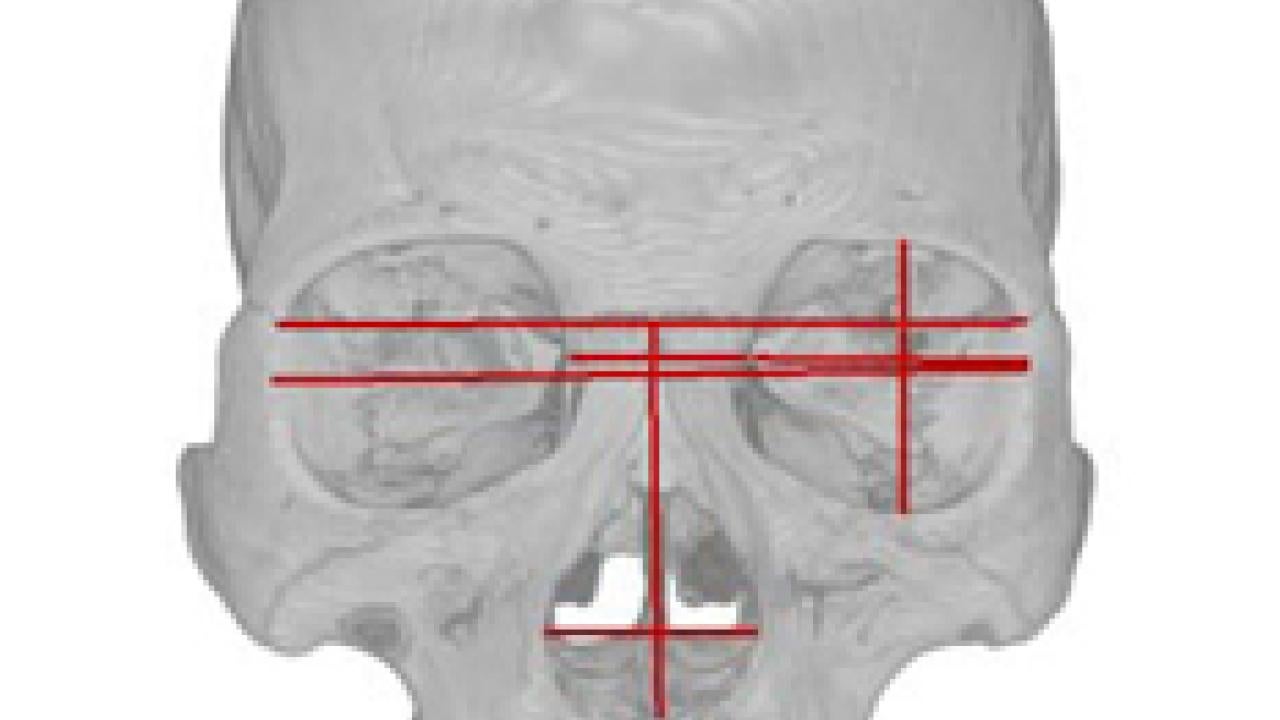New research led by UC Davis anthropologist Tim Weaver adds to the evidence that chance, rather than natural selection, best explains why the skulls of modern humans and ancient Neanderthals evolved differently. The findings may alter how anthropologists think about human evolution.
Weaver's study, published in the March 17 issue of the Proceedings of the National Academy of Sciences, builds on findings from a study that he and his colleagues published last year in the Journal of Human Evolution. In the earlier study, the team compared cranial measurements of 2,524 modern human skulls and 20 Neanderthal specimens, concluding that random genetic change, or genetic drift, most likely accounted for the cranial differences.
In their new study, Weaver and his colleagues crunched their fossil data using sophisticated mathematical models — and calculated that Neanderthals and modern humans split about 370,000 years ago. The estimate is very close to estimates derived by other researchers who dated the split based on clues from ancient Neanderthal and modern-day human DNA sequences.
The close correlation of the two estimates -- one based on bones, one based on genes -- demonstrates that the fossil record and analyses of DNA sequences give a consistent picture of human evolution during this time period.
"A take-home message may be that we should reconsider the idea that all morphological (physical) changes are due to natural selection, and instead consider that some of them may be due to genetic drift," Weaver said. "This may have interesting implications for our understanding of human evolution."
Media Resources
Dave Jones, Dateline, 530-752-6556, dljones@ucdavis.edu
